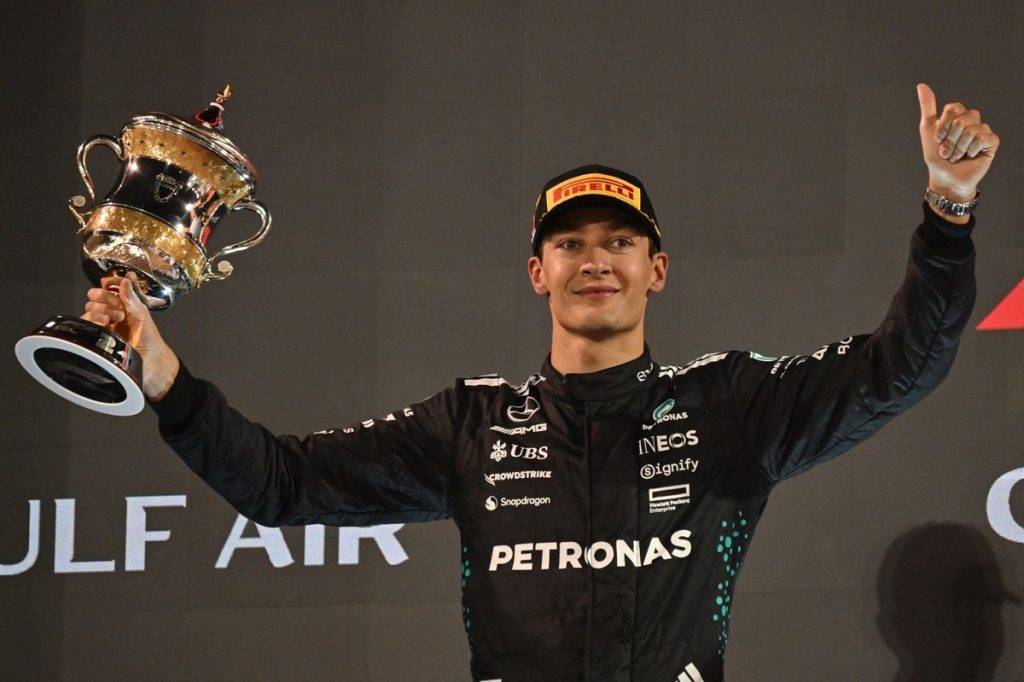FIA Explains Lack of Penalty for George Russell in Bahrain Grand Prix
The FIA has clarified its decision not to penalise Mercedes driver George Russell for inadvertently activating his Drag Reduction System (DRS) during the Bahrain Grand Prix, where he finished in second position.
Russell’s race was complicated by electronic issues, including a malfunctioning brake-by-wire system, which led to confusion and technical challenges throughout the event.
Why No Penalty for DRS Violation?
Russell was running in second place when he encountered serious electronic problems, including issues stemming from a third-party transponder. This malfunction briefly dropped him to the bottom of the leaderboard, which affected the operation of his automatic DRS system.
Upon receiving instructions from his team to use a manual backup button due to the technical issues, Russell mistakenly activated the DRS rather than contacting his race engineer.
This happened on the straight between Turns 10 and 11, where Russell opened the DRS for approximately 37 metres. Although this resulted in a minimal gain of 0.02 seconds, he lost 0.28 seconds by having to throttle back and deactivated the DRS at the next corner. His telemetry data was crucial in the FIA’s assessment, leading them to determine that Russell had not achieved any significant advantage.
“The DRS was activated for a distance of 37 metres on a straight of approximately 700 metres. Accordingly, whilst technically a breach occurred, the Stewards decided that as no sporting advantage was gained, no penalty is imposed,” explained the FIA stewards.
This has happened before
This decision mirrors an incident at the 2018 Azerbaijan Grand Prix, where drivers such as Sergio Perez, Lance Stroll, and Kevin Magnussen faced similar DRS activation issues due to miscommunication and detection zone problems. They were cleared of penalties, a precedent that likely influenced this latest ruling.
Russell’s ability to finish on the podium despite the technical hurdles showcases both his skill and the complexities involved in modern Formula 1 racing. As the season progresses, both he and Mercedes will need to iron out these electronic issues to maintain competitive performance against the likes of Oscar Piastri and other rivals.


